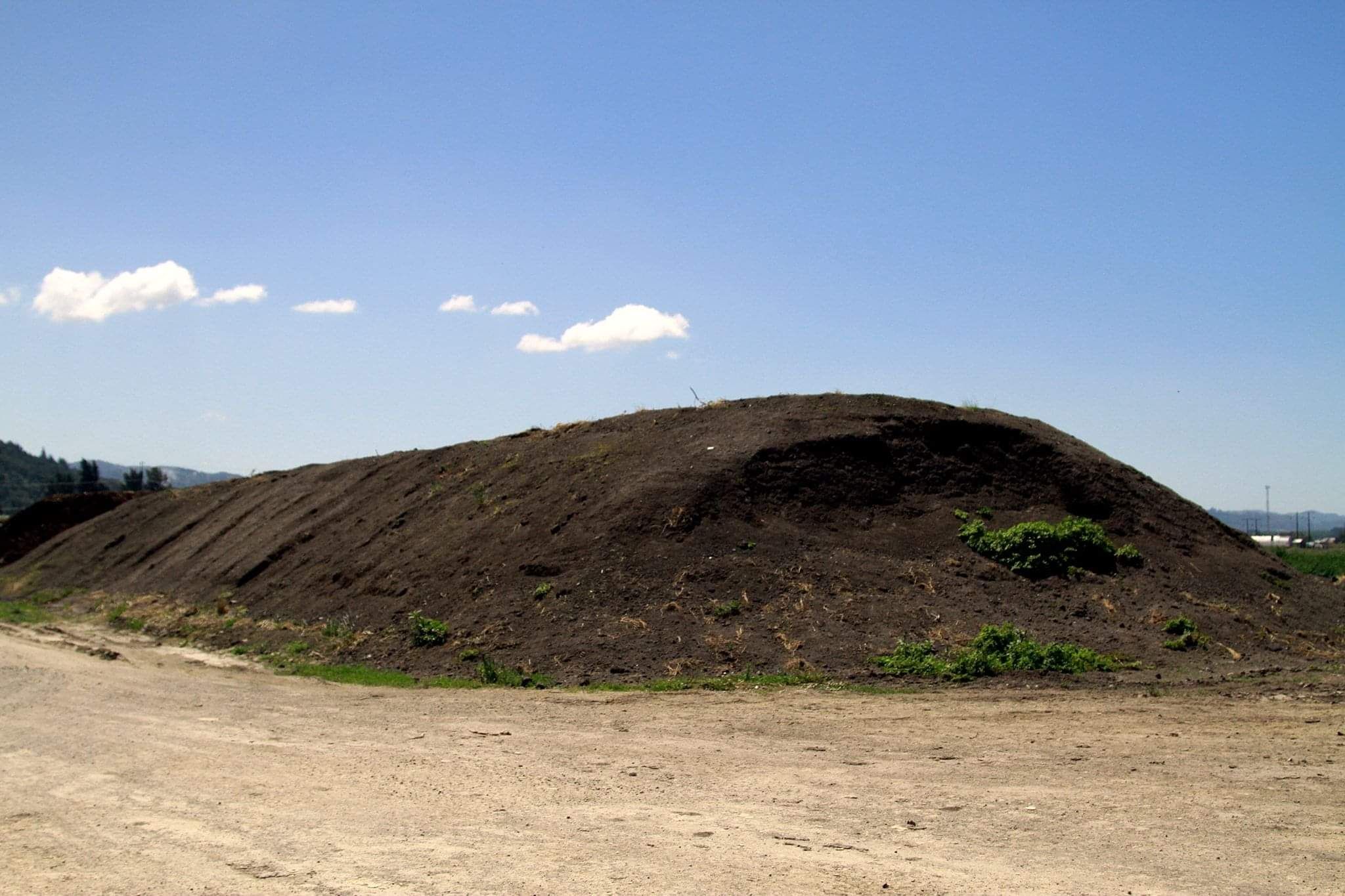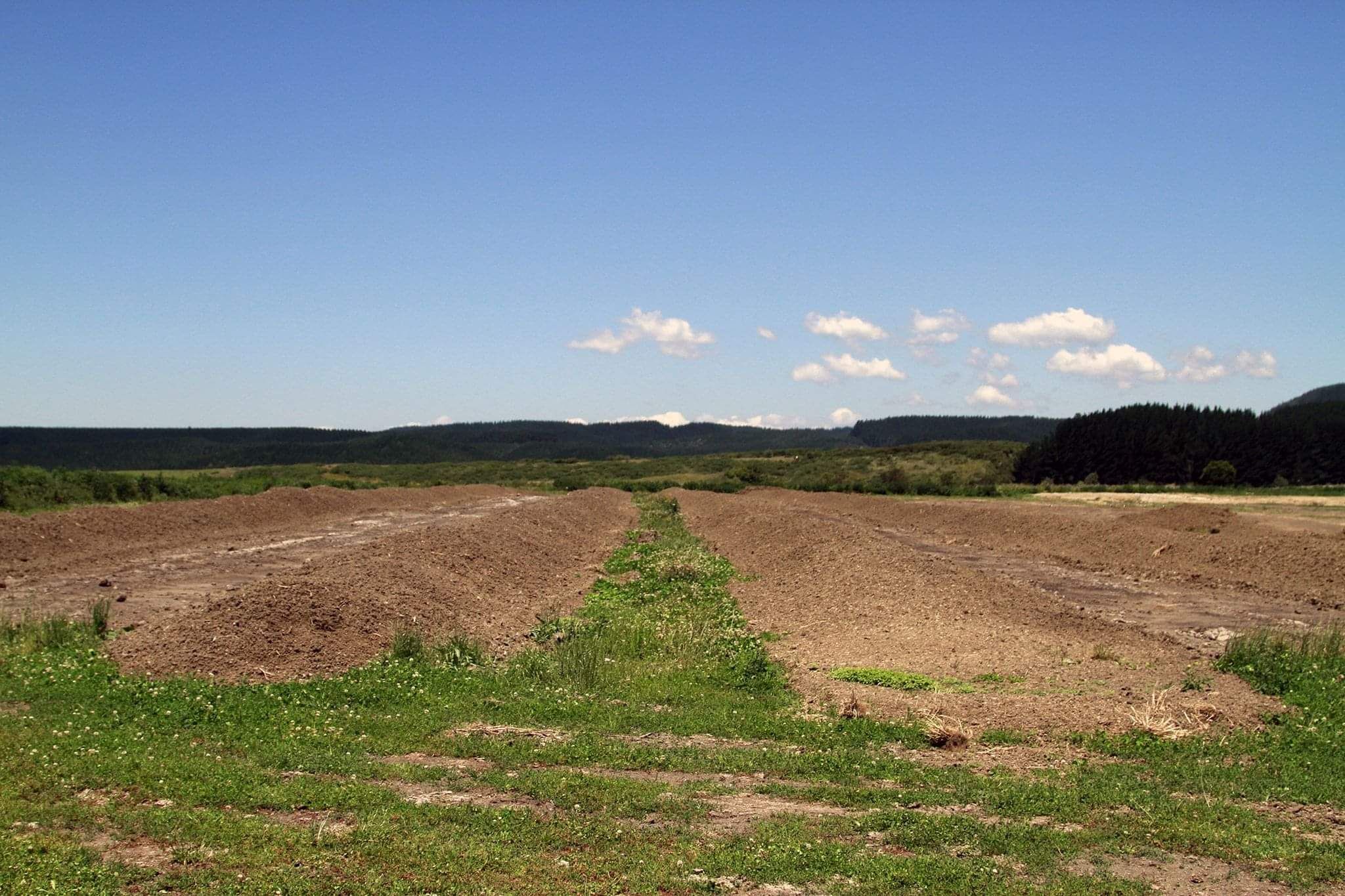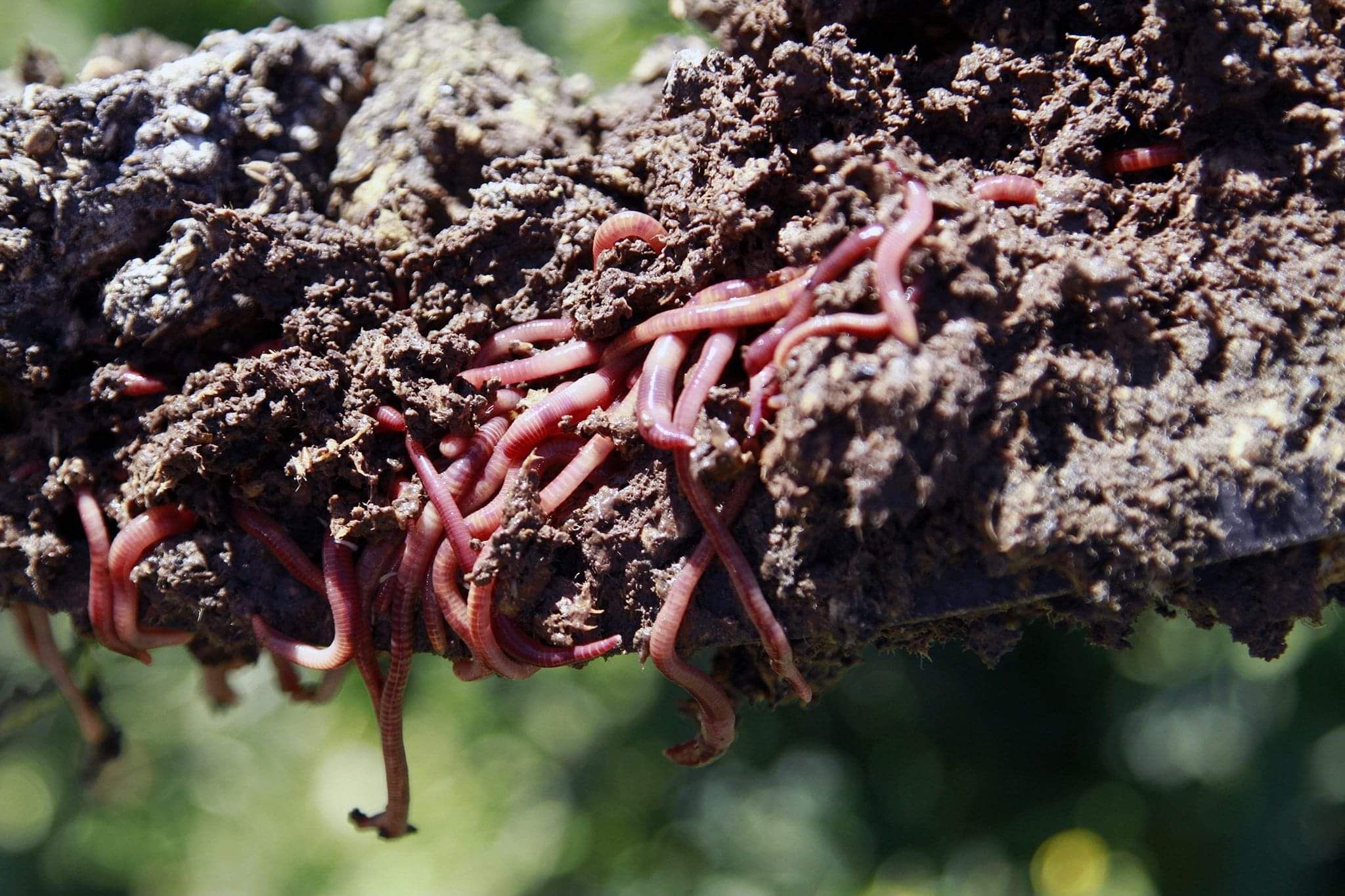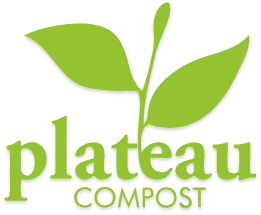Why Use Compost?
Reasons to use compost commercially
As a result of a series of trials, Compost has been found to enhance crop production and improve soil structure and water holding capacity with benefits for yields, soil health and financial viability. Adding compost is a financially viable way to boost production for forage, pasture and cropping.
Important crop nutrients such as N, P, K, Mg and Ca are provided by compost, with the application of compost allowing crops to be more able to uptake these nutrients over time.
Soils that have been cropped for a number of years or that are inherently low in nutrients such as P and K may especially benefit from using compost.
Why should you use compost?
Composting is an aerobic biological process that converts garden and food waste into a stable organic product suitable for transportation and ideal for paddock application.
Commercially produced compost can provide a valuable source of soil organic matter and slow release nutrients.
Applying good quality compost to agricultural crops has been shown to increase crop yields and soil C levels.
Composts that are 100 % weed free and conform to New Zealand Standard NZS4454 are available.
Compost Factsheet
FERTILITY BENEFITS OF COMPOST
Elevated soil nutrients (N, P, K) can be expected for more than 2 years after compost is applied.
A complete substitution of fertiliser with compost is not recommended. To get the best out of compost it needs to be applied with fertiliser N.
A crop’s ability to respond to available N (from soil, fertiliser and compost reserves) increases where compost has been applied.
Compost also provides other key nutrients such as Mg and Ca.
See Forage brassica and Arable case study boxes for information on profitable rates.
SOIL AND ENVIRONMENTAL BENEFITS
Soil organic matter and carbon content have been shown to increase significantly where compost was applied.
Soil structure and water holding capacity tend to improve with higher application rates of compost. Lower rates of compost may require long-term application before soil structure and water holding capacity benefits can be confirmed.
Due to much of the N content in compost being in a slow release organic form, the amount of nitrate leached tends to be lower than with standard fertiliser. This suggests there may be potential to reduce total N leached where compost applications offset fertiliser applications.
Our Products

100% Organic Compost
Made from local green waste

Blend of Vermicast and Organic Compost
A mix of Ecocast Vermicast and the 100% Organic Compost

100% Vermicast
Pure Ecocast Vermicast
